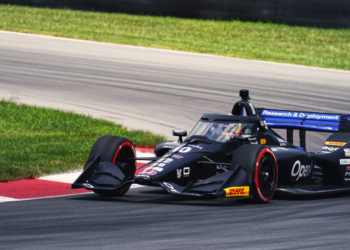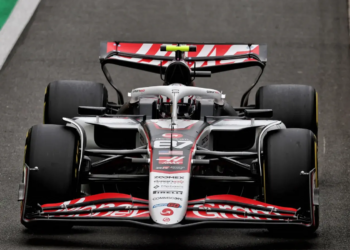Lotus team principal Eric Boullier has criticised Pirelli’s decision to tweak its tyre compounds and construction because a select few complained.
Pirelli confirmed this week that it will make changes to its entire range in the hope it will reduce the number of pit stops to two or three per race following complaints from Red Bull and Mercedes in particular.
Boullier however doubts any other competitive sport would essentially change the goalposts part way through a season because some are finding it difficult when others have managed to find a solution.
“There aren’t many sports where there are such fundamental changes to an essential ingredient part-way through a season,” he said. “Just imagine for a moment that, because a football team can’t run as fast as its opponent, the dimensions of the pitch are changed at half time!
“That there are changes to come can be seen as somewhat frustrating, and I hope they are not too extreme. It’s clear that Pirelli have found themselves in a difficult situation and under pressure from different quarters.”
He says the change is particularly unfair when each team had access to the specifications of the 2013 tyres, and it’s their job to develop a car which makes the best of the situation – something Lotus have achieved.
“Last year, when we were designing our 2013 car, each team received information from Pirelli and everyone did the best job they could to develop a chassis which would make best use of the tyre characteristics. We even ran with some experimental 2013 tyres at the end of last season, to assist us in confirming our development paths.
“As with every season, some teams do a better job than others with their designs, and some drivers are more adaptable than others to the changes of both car and tyre.
“It is frustrating when you’ve developed a car from a set of tyre specifications which are available to everyone – for tyres that are the same for everyone – to then be told that they are being changed mid-season. That said, we have a team of talented designers and engineers who will be working twice as hard to ensure we adapt to these changes in the most competitive manner.”






